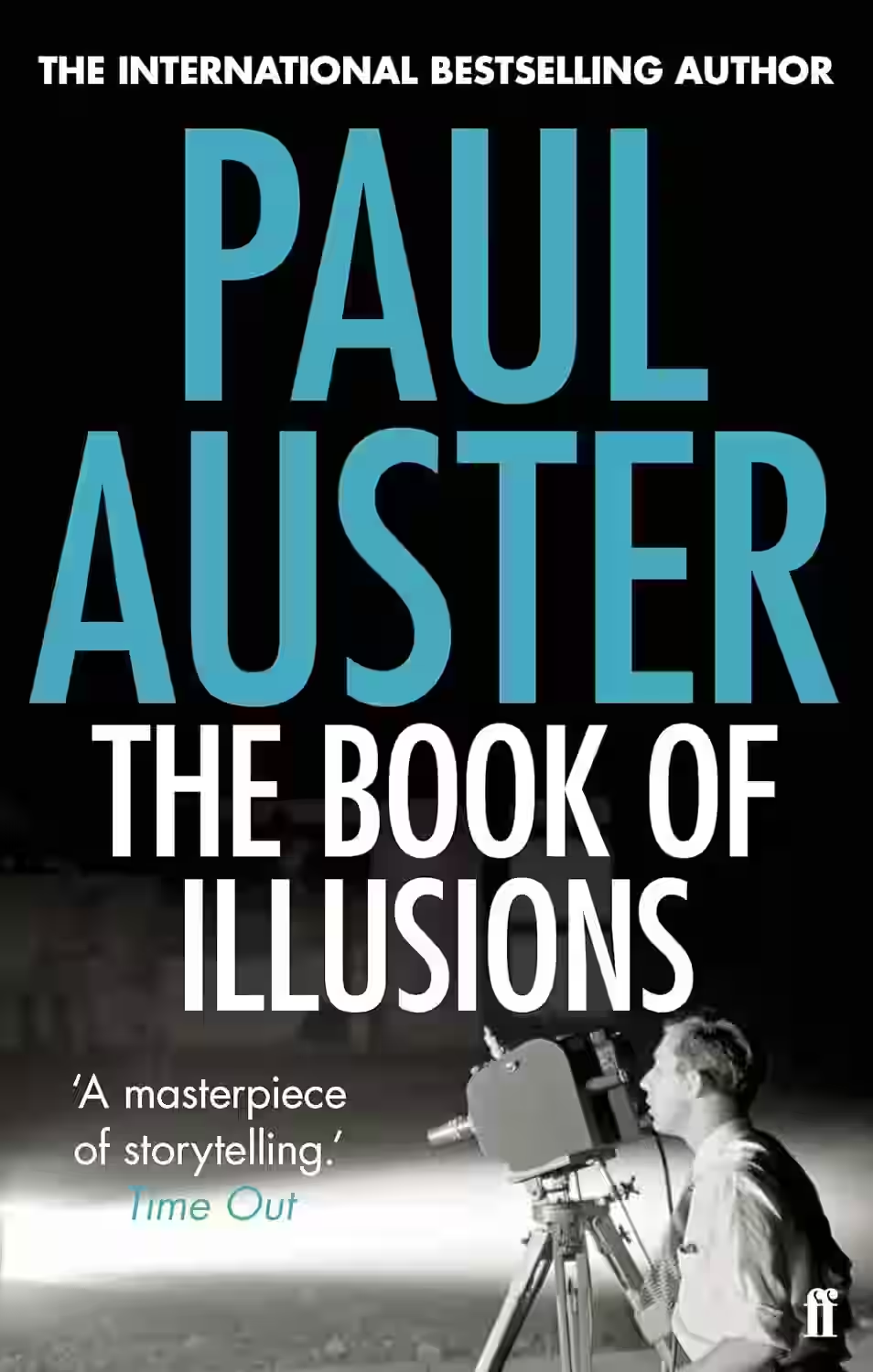Paul Auster
Paul Auster, born on February 3, 1947, in Newark, New Jersey, is an acclaimed American novelist and essayist renowned for his distinct blend of existential inquiry and playful narrative innovation. Auster attended Columbia University, where he completed his MA in English. He initially made a living through various manual and literary jobs before achieving literary success. Auster’s breakout novel, 'The New York Trilogy' (1985–1986), established him as a master of postmodern literature. Known for exploring themes of identity, chance, and the nature of storytelling, his notable works also include 'Moon Palace', 'The Music of Chance', and 'The Brooklyn Follies'. Auster’s engaging, often metafictional style has significantly influenced contemporary narrative form, cementing his status as a pivotal figure in modern literature. Throughout his career, Auster has received numerous awards and his work has been translated into more than forty languages, creating an enduring impact on global literary culture.

Paul Auster's 'The Book of Illusions' delves deep into themes of grief, identity, and redemption through a layered narrative that intertwines the lives of its protagonist, David Zimmer, and the enigmatic silent film star Hector Mann. Following a family tragedy, Zimmer immerses himself in Mann's films, writing a book that ultimately pulls him into a complex web of mystery and revelation. Auster masterfully crafts a thought-provoking exploration of how one's life can be dramatically altered by chance encounters and hidden truths, blending elements of noir and existential reflection. The novel captivates with its intricate plot and introspective prose, leaving readers to ponder the illusions that shape reality.